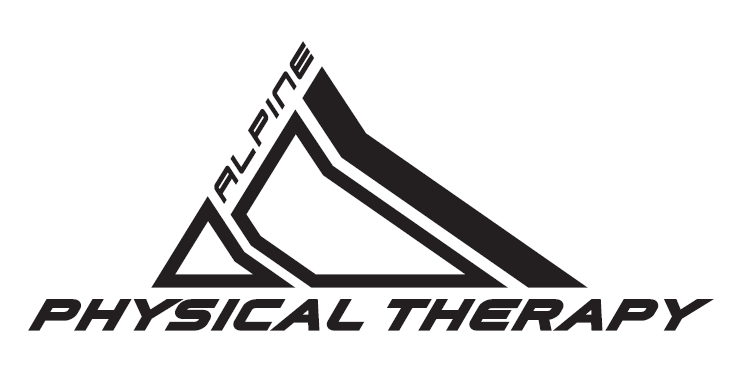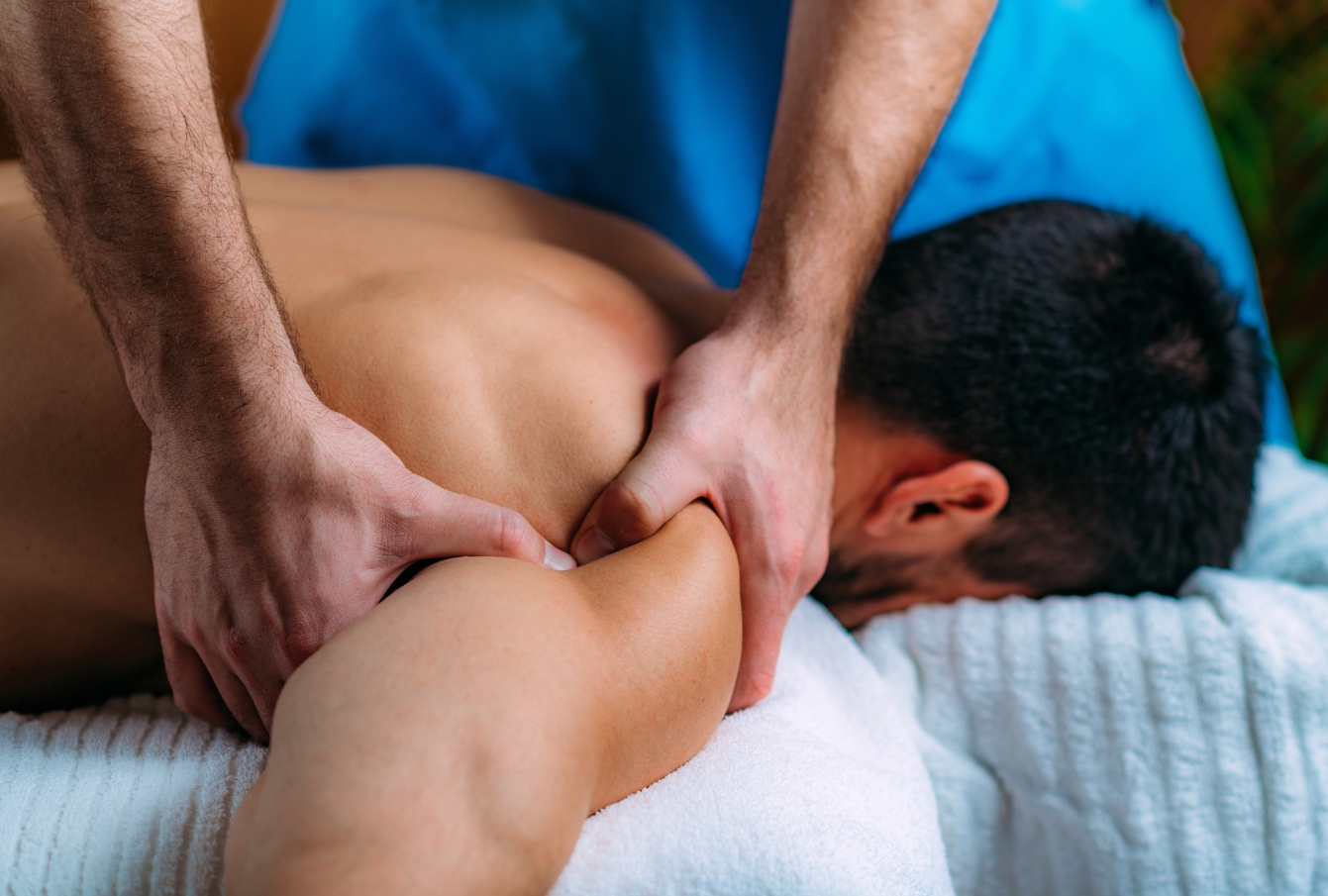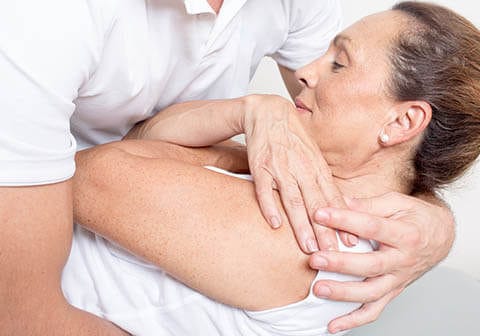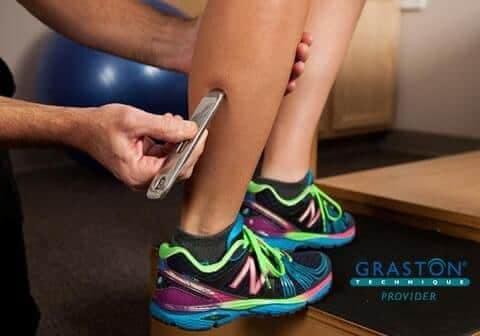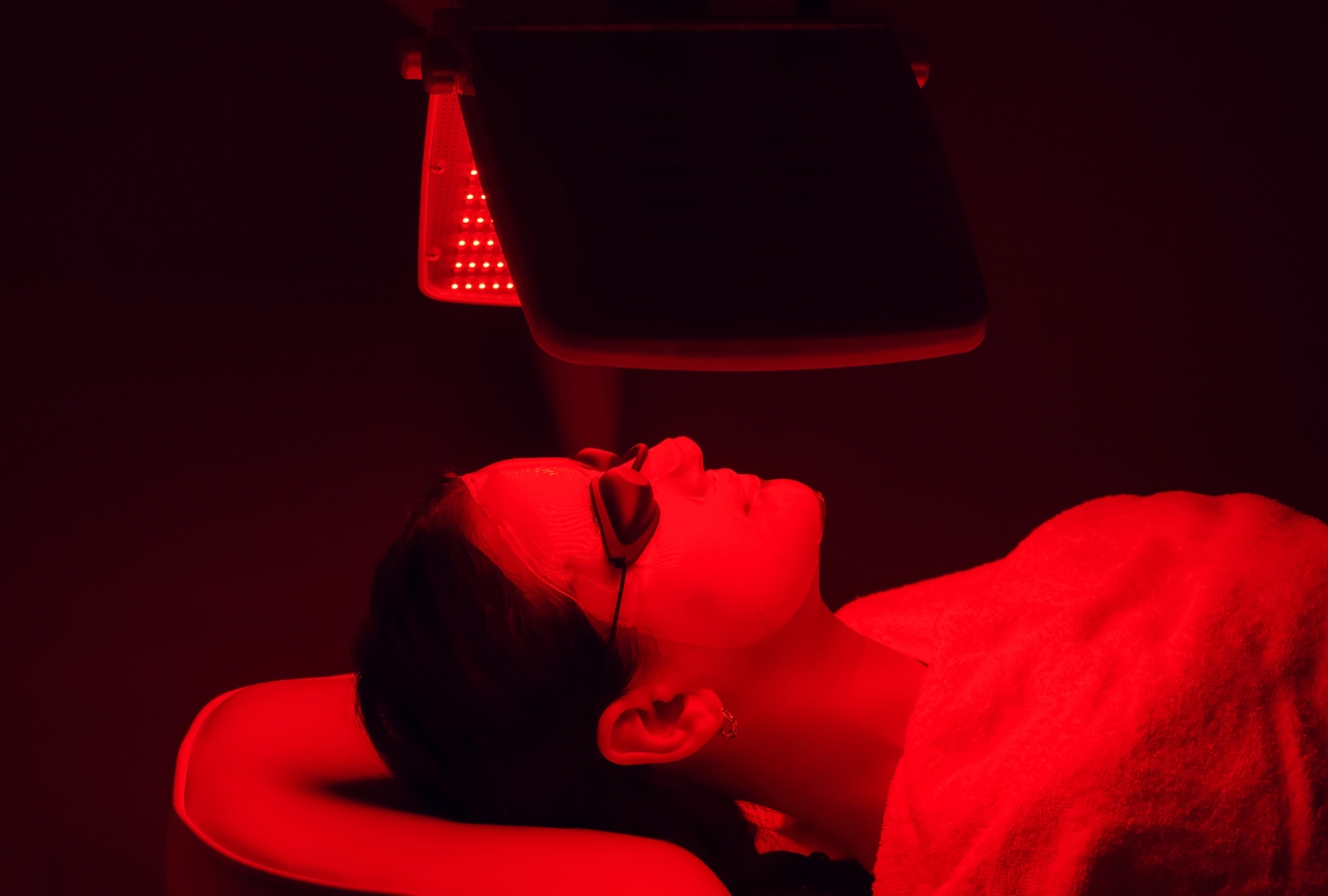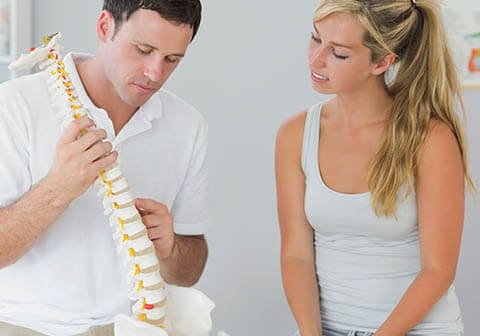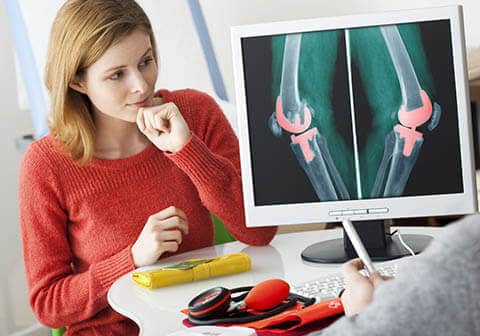Services
At Alpine Physical Therapy, we provide evidence-based physical therapy treatments designed to relieve pain, restore mobility, and help you recover faster. Our licensed physical therapists treat a wide range of conditions including back pain, neck pain, shoulder injuries, knee pain, sports injuries, post-surgical rehabilitation, joint stiffness, and chronic musculoskeletal pain. Using advanced manual therapy techniques and recovery services, we focus on correcting the root cause of pain—not just masking symptoms.
Do We Accept Your Insurance?
We accept most major insurances. View our list to see if your insurance is accepted.ART
Active Release Technique (ART) is a specialized, hands-on soft tissue therapy used to treat muscle tightness, scar tissue, nerve entrapment, and overuse injuries. ART is highly effective for patients experiencing chronic pain, tendonitis, plantar fasciitis, carpal tunnel symptoms, sciatica, and sports-related muscle strains.
Benefits of ART:
-
Breaks up scar tissue and adhesions
-
Reduces nerve irritation and inflammation
-
Improves range of motion and flexibility
-
Speeds recovery from overuse injuries
Joint Mobilization
Joint mobilization is a manual physical therapy technique that restores proper joint mechanics and reduces stiffness. It is commonly used to treat shoulder pain, knee pain, hip pain, ankle injuries, neck stiffness, and lower back pain.
Benefits of Joint Mobilization:
-
Increases range of motion
-
Decreases joint pain and stiffness
-
Improves mobility and flexibility
-
Accelerates injury recovery
Graston Technique
The Graston Technique (IASTM) uses specialized stainless-steel instruments to detect and treat soft tissue restrictions and scar tissue. This treatment is effective for chronic tendonitis, muscle strains, ligament injuries, plantar fasciitis, and post-surgical scar tissue.
Certifications
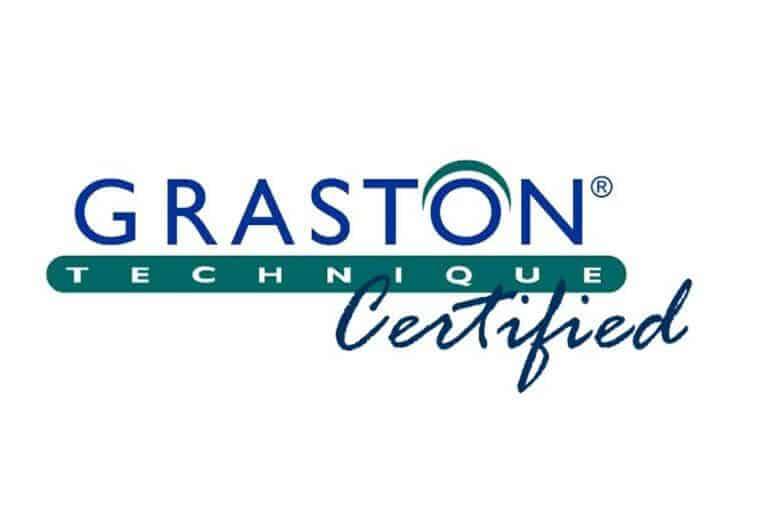
Benefits of Graston Technique:
-
Breaks down scar tissue and fascial restrictions
-
Improves blood flow and tissue healing
-
Reduces chronic inflammation
-
Enhances athletic performance and recovery
Red Light Therapy
Red Light Therapy supports cellular repair and tissue healing by stimulating circulation and reducing inflammation. It is often integrated with physical therapy to help patients recovering from muscle injuries, joint pain, arthritis, and post-surgical procedures.
Benefits of Red Light Therapy:
-
Reduces inflammation and pain
-
Promotes tissue regeneration
-
Supports faster muscle recovery
-
Enhances overall healing response
Cold Plunge & Sauna
Our cold plunge and sauna therapy services promote recovery, reduce inflammation, and improve circulation. This contrast therapy is popular among athletes and patients managing chronic pain, muscle soreness, joint stiffness, and recovery fatigue.
Benefits of Cold Plunge & Sauna:
-
Decreases muscle soreness and inflammation
-
Improves circulation and detoxification
-
Supports faster post-workout recovery
-
Enhances mobility and relaxation
Massage Therapy
Our therapeutic massage therapy is integrated with physical therapy to relieve muscle tension and accelerate recovery. We provide treatment for chronic pain, stress-related tension, sports injuries, and post-surgical rehabilitation.
Benefits of Massage Therapy:
-
Relieves muscle tightness and spasms
-
Improves circulation and lymphatic drainage
-
Reduces stress and tension
-
Supports injury recovery and pain relief
Spine Care
Our specialized spine care physical therapy addresses lower back pain, herniated discs, sciatica, neck pain, spinal stenosis, and posture-related conditions. We focus on restoring spinal alignment, stability, and functional movement.
Benefits of Spine Care:
-
Reduces back and neck pain
-
Improves posture and spinal stability
-
Restores mobility and flexibility
-
Prevents recurring spine injuries
Joint Replacement
We provide comprehensive post-surgical physical therapy following knee replacement, hip replacement, and shoulder replacement surgery. Our rehabilitation programs focus on regaining strength, mobility, and joint stability.
Benefits of Joint Replacement Rehab:
-
Restores strength and range of motion
-
Reduces post-operative stiffness
-
Improves balance and joint function
-
Supports safe return to daily activities
Sports Medicine
Our sports medicine physical therapy treats athletes and active individuals recovering from ankle sprains, ACL injuries, rotator cuff injuries, tendonitis, fractures, and overuse conditions. We combine injury rehabilitation with performance training and prevention strategies.
Benefits of Sports Medicine:
-
Faster recovery from sports injuries
-
Improved strength, agility, and stability
-
Injury prevention strategies
-
Safe return to sport and activity
Start Recovering Today
FAQs
What should I expect on my first visit?
Prior to your first visit, you’ll be given new patient paperwork to fill out. When you arrive for your first appointment, we will gather a history of past injuries, including those that could have contributed to your current condition. We will asses your pain, test your of range of motion, strength and perform the Selective Functional Movement Assessment (SFMA); which allows us to diagnose your movement dysfunctions. We use this baseline to help compare and track your progress. The first day is geared toward setting short and long term goals to be accomplished, during your time with us.
How long should I plan for each visit?
Each visitation is scheduled for 1 hour; several different modalities, stretches, and exercises are performed during that time, depending on the injury being treated.
Does physical therapy really help?
Yes. Physical therapy helps you return to performing daily tasks with ease, utilizing the body’s natural movements to restore functionality. This process includes many different stretches, exercises, and use of modalities (Ultrasound, Graston, E-Stim). Our highest priorities are reduction of pain, restoration of range of motion, and return to previous strength. To ensure that your progress stays on track, the therapist also prescribes home exercises. Physical therapy is highly recommended before resorting to surgical options for a healthier and faster rate of recovery.
What is the difference between a physical therapist and a chiropractor?
Physical therapy restores functional movement through stretching, strengthening, manual techniques, and modalities. Our efforts are more geared toward correcting dysfunction and providing the tools necessary to prevent further recurrence of injury. Chiropractic uses mainly manipulation as their primary form of treatment.
For example, compare your body to a tent. The spine would represent the pole, and the muscles the tie downs. The pole is affected by the tension placed on it, by the tie downs. This is the same throughout your body, as muscles and tendon injuries affect the bones and cause dysfunctional movements. A Chiropractor focuses mainly on the alignment of the bones, through manipulation. In other words, keeping that pole in alignment. The Physical Therapist, can also mobilize, but focuses on the reasons for the dysfunction, rather than just treating the problem. Reasons for dysfunctions can include mobility (Tissue related problems), or stability & motor control (Support and coordination of movements).
Do I need physical therapy post-surgery?
After surgery, there is noticeable inflammation and swelling, as well as decreased range of motion and strength, all of which contribute to reduced functionality. Simply resting after surgery is not enough to fully recover. Physical therapy targets residual pain, weakness, and stiffness to return you to pre-surgery activity levels.
What are the recommended number of visits for physical therapy?
Are you affiliated with Alpine Fitness?
Although we are separate businesses, we have partnered with Alpine Fitness to provide our patients with state of the art equipment in their recovery process. In addition, all patients get a FREE first-month-gym membership. We want you to feel comfortable and supported in your progress and goals toward health & fitness.
Do I need an appointment?
Yes. This ensures we are properly staffed and prepared at the time of your arrival to give you the excellent care expected of us.
Do I need a referral?
Not all patients require a referral. If you are not sure if your insurance recommends it, please call our office at (801) 216-4298. We’d be happy to contact your insurance company on your behalf.
